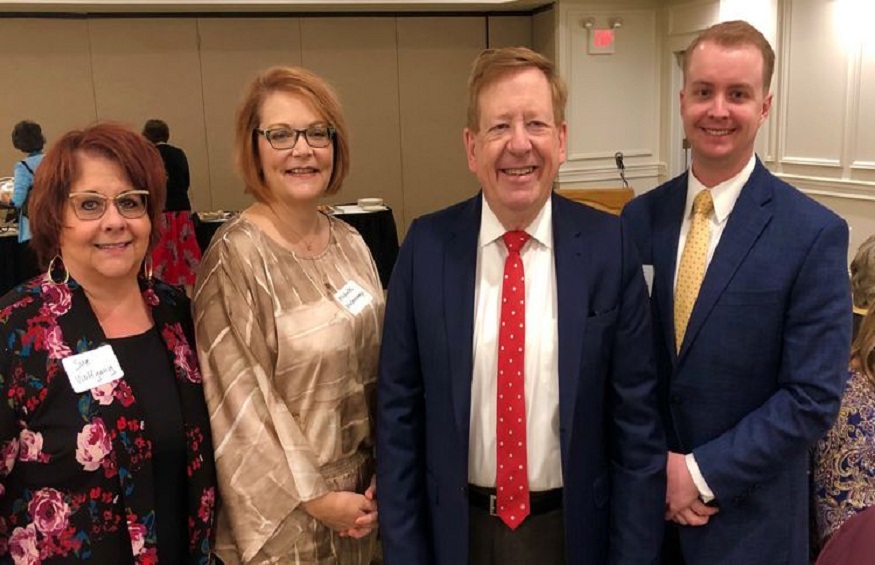When it comes to the philosophy of fiscal conservatism, it refers to two major principles- controlled spending and the reduction of taxes. There is a common belief that fiscal conservatism does not exist anymore, and no one cares about it. However, this is not true. Some political leaders and councilmen still respect it and vow to incorporate it in their tenures if elected by the people.
One such individual who believes and upholds the values of fiscal conservatism is Fred Glynn. He is from Carmel, Indiana, and he is an esteemed and widely respected councilman in the region. He served as the past President of the Hamilton County Council and served the residents there with his innovative ideas for the community’s development.
He loves to maintain and initiate relationships with all the residents and leaders of the community. Using his past invaluable experience in finance and business, he is able to prepare county budgets, salaries, set tax rates, and approve appropriations that have been requested. He is an avid practitioner of fiscal conservatism and is driven to optimize the community’s financial resources for the best interests of the residents in Carmel.
Is fiscal conservatism dying today?
When it comes to the values of fiscal conservatism, it refers to living within one’s means and avoiding debts. This is why he believes in it till today. He says that the idea of fiscal conservatism is not dead; it is just not practiced anymore. The gap between what it is and how to incorporate it has deeply widened. This is the root problem. However, he and a handful of leaders do believe in it today, and they promise to incorporate it in their areas when elected.
More of a responsibility than an idea
For Mr. Glynn, the philosophy of fiscal conservatism is more of serious responsibility for a thought. National debt needs to be controlled, and small steps should be taken in this direction. It is not a task that is impossible. It can be achieved with the right measures in place. Moreover, controlling debt will help the community and the whole nation to progress. People and future generations will become aware of its benefits, and this again will go the extra mile in building a strong and powerful nation.
He adds that financial decisions can no longer be poorly executed and made. It should be planned out well, and taxes should be fixed at such a rate that it does not burden the people. He believes that promoting fiscal conservatism in Carmel, Indiana, is the first step towards helping the residents there.
Fred Glynn adds that in order to keep fiscal conservatism alive, self-discipline is the need of the day. It needs to be preserved for the benefits of both the community and the nation at large. At the same time, education and awareness need to be increased so that the present and future generations are aware of its benefits. Wasteful spending will stop debts, and this will steer the nation towards economic progress and development faster with success!
